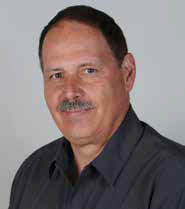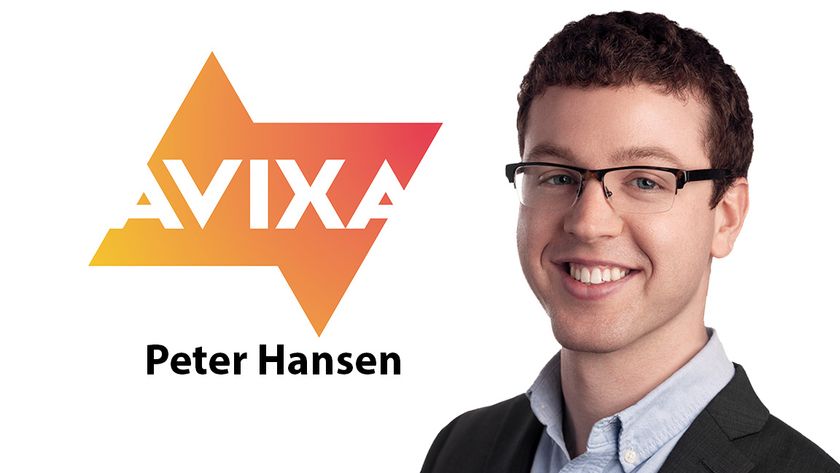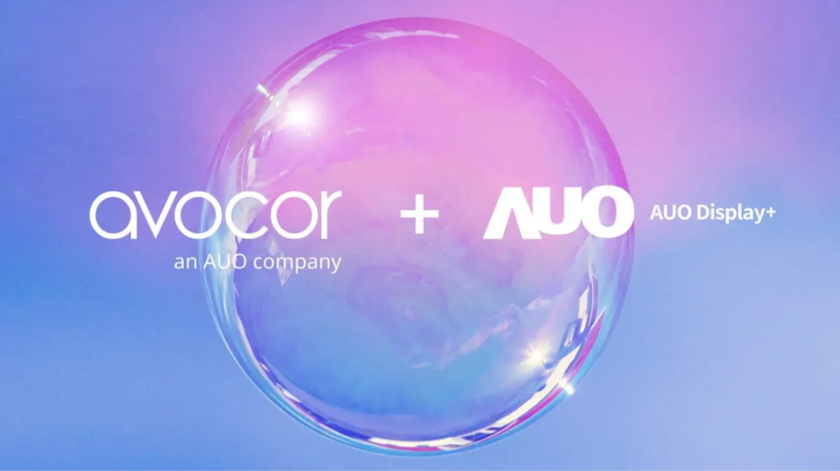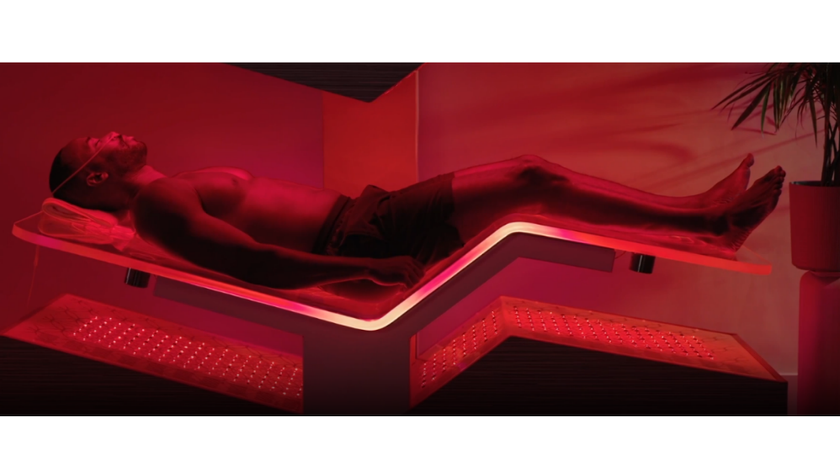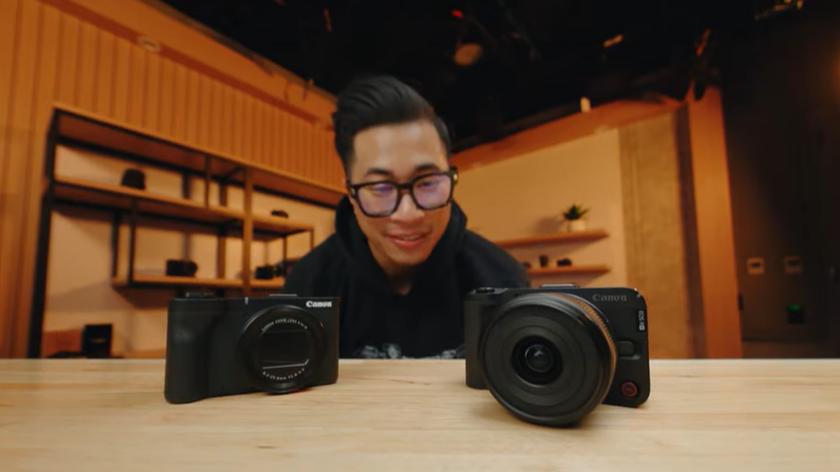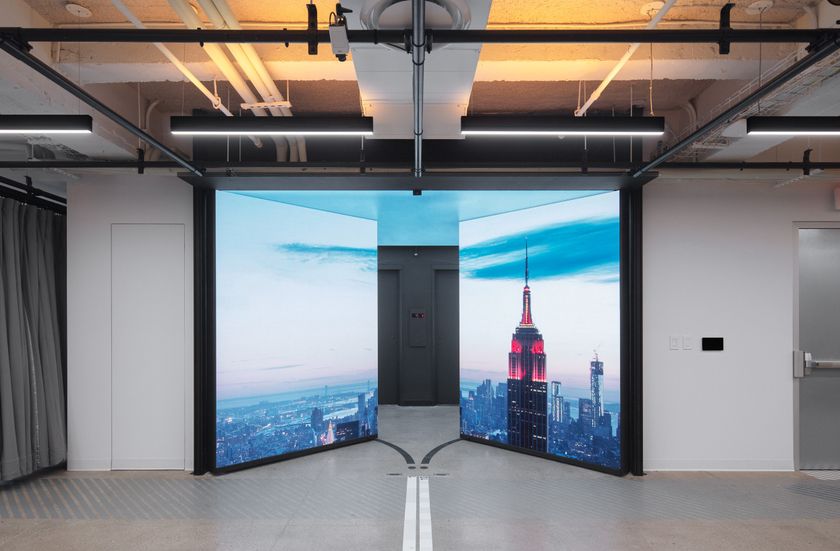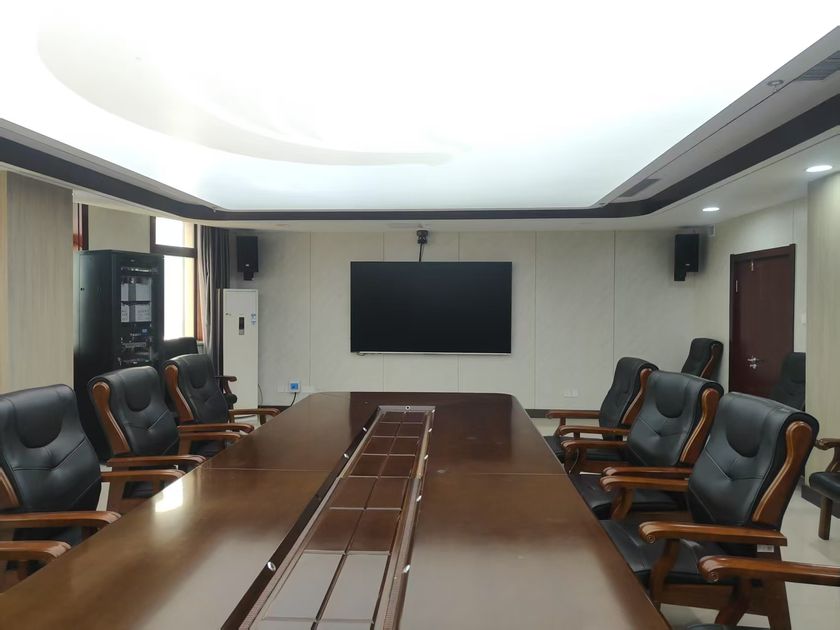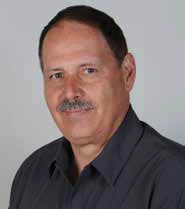
Quick Bio
Name: Joseph Cornwall
Title: Technology Evangelist
Company: Legrand
Overtime: Cornwall says that he’d like to challenge himself to address a younger audience, one that is still shaping its career path.
Many of us can think back to our school days and name that one authority figure that actually got through to us. For Joseph Cornwall, it was his high school English teacher, Tony Venti.
Back then, Cornwall’s dream was to become a journalist. But he was also fascinated by radio and electronic communications. Venti taught him that journalism, storytelling, and technology weren’t mutually exclusive; in fact, they were dependent on one another. In pursuing a career in electronics, Cornwall could also fulfill his interest in communications.
As technology evangelist for AV networking technology developer Legrand (which is comprised of C2G, Middle Atlantic, On-Q, and Wiremold, among others), Cornwall has, in a way, come full circle. With CTS-D, ISF-C, FOI, and DSCE certifications under his belt, not only is he charged with examining the global trends that will influence how people use—and will use—technology; as faculty instructor for InfoComm University, 2014 InfoComm Educator of the Year, and a regular presenter for the AIA and BICSI, he teaches his colleagues and peers how the systems they develop and integrate affect the way we communicate, interact, and tell our stories. “The electronics industry isn’t about facilitating human communications; it is our method of cultural communication,” he said. “What keeps me so focused on this is to see how technology changes the very fabric of our lives, the words that we use, the language that we use, the vernacular, and the syntax.”
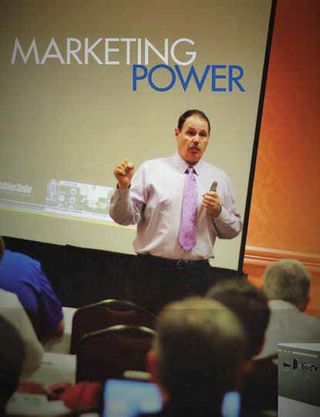
Joseph Cornwall keeps his training sessions focused on how systems develop and integrate in the way we communicate, interact, and tell our stories. These days, this translates, in part, to examining things like BY OD’s impact on how AV systems are integrated on a commercial scale. “That’s a question we really didn’t ask in the 1990s and in the early part of 2000. Nobody said, ‘I’m going to design an auditorium—how do I handle cell phones?’ It didn’t make sense to ask that question, whereas today, it’s a very important part of it.”
A self-proclaimed “absolute AV guy,” Cornwall remains as excited about electronic communications as he was back in high school, which is arguably a big component of his success as an instructor (“If you don’t wake up every morning and think to yourself, ‘this is the coolest thing that I’ve ever done, I want to do this every day,’ then it’s going to come across in front of an audience,” he said). But what also remains compelling for him is assembling that knowledge and excitement into a story: a training course on USB Type-C, for example, isn’t a dry rundown of everything there is to know about the technology. “Instead, it’s: how do I learn about USB Type-C? And along the way, I amass this story, and I tell myself the story, and then I think, ‘I bet you other people would be interested in this story, too.’ And that’s how I look at training—it’s storytelling.”
The bulk of Cornwall’s training sessions have been geared toward those who have established careers in AV. He says that he’d like to challenge himself to address a younger audience, one that is still shaping its career path. “The idea of talking to folks who are just on the edge of starting their careers, I think to myself, ‘how cool would it have been if I had had that conversation when I was a junior in high school?’ I was fortunate I had an English teacher who had some of that message to deliver, but I think as an industry, we have to deliver that message. We have to reach out and be proactive about it.”
Along the same lines, he emphasizes the importance of reaching out to a diverse audience in the interest of attracting people of different backgrounds to this industry. “Another part of being an instructor, being a presenter, is making sure that this is accessible and interesting no matter how you got here. This isn’t just about the boys playing with erector sets and Tonka toys, who would be naturally drawn toward putting these systems together; there are all kinds of elements to this, and there are a lot of ways that you can be a part of this industry. Probably the most important thing an instructor can do is to encourage people with different viewpoints and different life experiences to look at this and say, ‘I want to be a part of that.’”
Carolyn Heinze is a freelance writer/editor.
